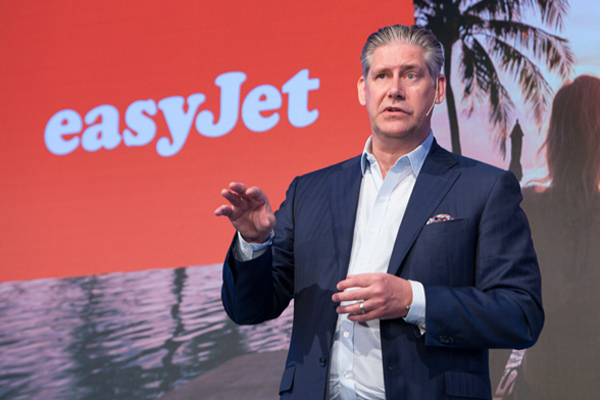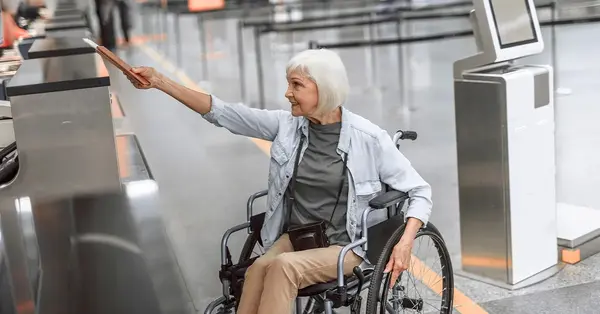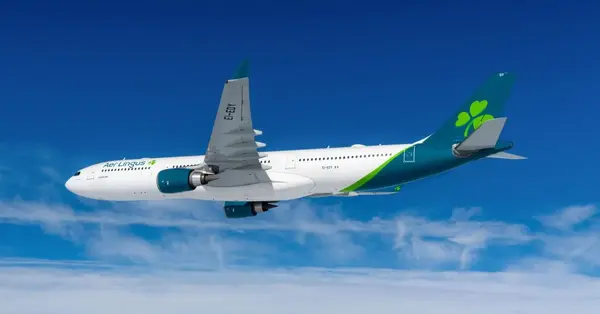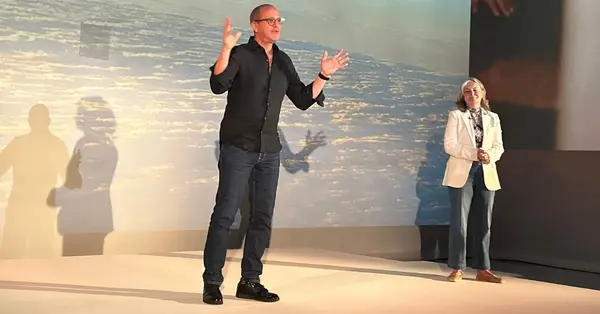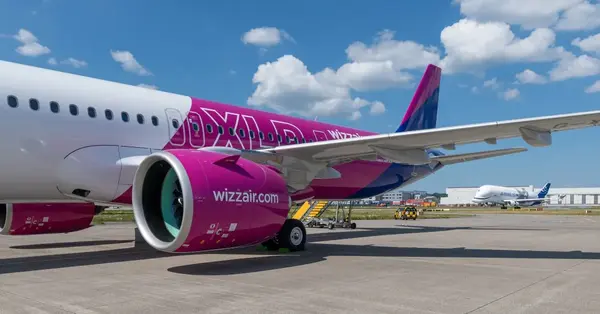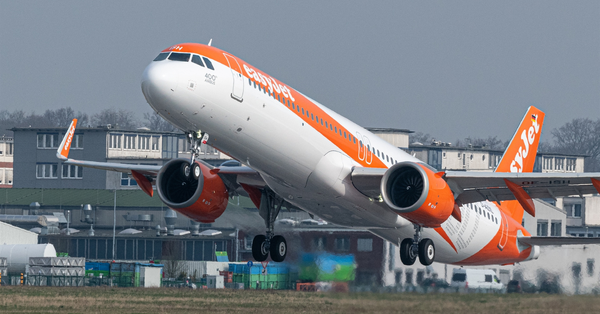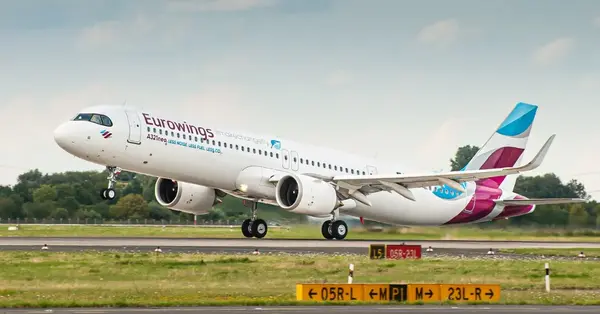You are viewing 1 of your 2 free articles
EasyJet calls for co-ordinated action over zero-emission flying
The vision of zero-emission flying can only be brought closer through co-ordinated action focused on key areas, according to easyJet.
Chief executive Johan Lundgren called for the aviation industry and governments to work closely together to deliver the technology needed to transform the industry over the coming decade and beyond.
Governments need to support the development of hydrogen supply and infrastructure at airports alongside investment into renewable energy to support the creation of green hydrogen for aviation.
They will not only need to provide financial incentives to support the development and scaling up of zero-emission technology but also use funds raised through aviation taxes into the required research and development.
Airlines opting to become early adopters of the new technology should also be incentivised through reduced airspace and airport charges, be provided with tax exemptions if they are operating zero-emission aircraft and be prioritised for airport slots.
The right framework should also be in place to ensure progress and support for widespread adoption of zero-emission aircraft where these are feasible, such as on short-haul networks.
EasyJet will be using sustainable aviation fuel in the interim, but the company believes the most sustainable long-term solution for a short-haul carrier are zero-emission aircraft.
Lundgren was speaking at an Airbus summit at its Toulouse base. The budget carrier has worked in with the European manufacturer since 2019 to support the development of a hydrogen-powered commercial aircraft by 2035.
The airline is committed to reaching the EU target of net zero emissions by 2050.
EasyJet’s role has included to working with Airbus to provide a commercial airline’s perspective in the development of new zero-emission propulsion technologies for passenger aircraft.
Lundgren said:“Hydrogen and electric powered aircraft are already flying, with companies like Airbus committed to scaling the technology for commercial flights and aiming for entry into service in the 2030s. So, we all need to play our role to ensure that the infrastructure is ready for these exciting new aircraft.
“But the industry can’t do it alone. We need governments to help the industry meet ambitious emissions reduction goals by championing financial and regulatory support for green technologies and investments in zero-emission aircraft. We stand ready to work with our partners and the wider industry to help deliver a more sustainable future for the industry.
“The benefits of aviation are unparalleled in terms of connecting people, reuniting friends and family, enabling people to experience different cultures as well as providing for economic prosperity. We’re committed to ensuring a sustainable future of aviation for the benefit of the people and our planet.”
His Airbus counterpart Guillaume Faury said: “I can only welcome easyJet’s call for a strong collaboration between industry and governments as we establish our collective path to net-zero.
“As an early partner on our journey towards hydrogen-powered commercial aircraft, easyJet is playing an active role in shaping the future of flight and we are committed to our continued partnership in this field.”

